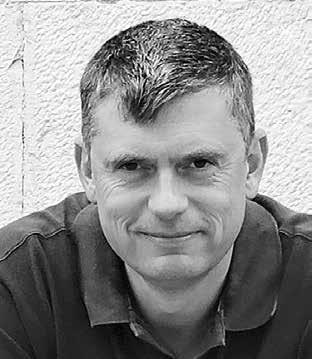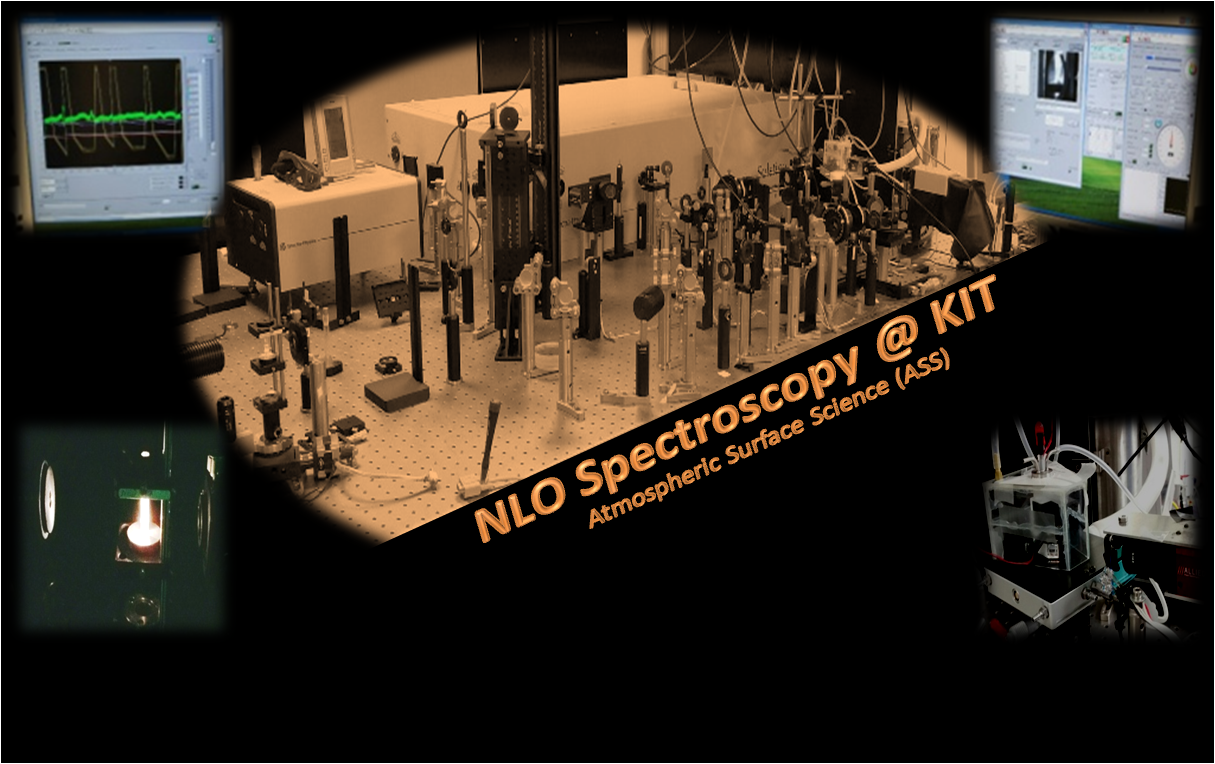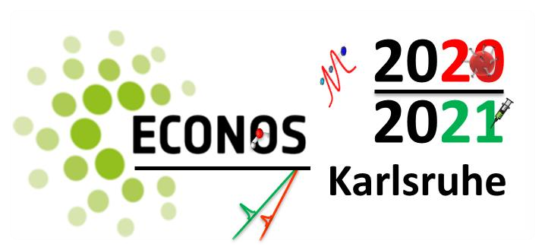
On January 5, 2020, our dear friend and colleague Marcus Motzkus passed away. Marcus was a warmhearted, positive and optimistic person, who felt and shared a lot of joy in life and in science always with love to the detail. To our community he was known as an eager researcher and passionate spectroscopist. His big scientific love were the Raman- and CARS-spectroscopy. He helped shape “femto-chemistry,” from which CARS-microscopy as a new research direction arose. His academic interests were not only dedicated to natural sciences, but also to history, architecture, and music. He shared this enthusiasm with his wife Elke. For visitors to Berlin, Marcus turned out to be an extreme competent guide. Same goes for his passion for riding a bike. Crossing the alps with his children were challenges, which he loved; level country was for him, as in science, not enough.
Marcus was born in February 6, 1966 in Berlin where he also grew up, the former research lab for electron physics right next door. Marcus was fascinated by the building with his history, and already in school showed great interest in science. He first studied geophysics and geology at the Technical University of Berlin, then continued with physics at RWTH Aachen. For his doctoral thesis he went to the Max-Planck’s institute for quantum optics, where he came into contact with four-wave mixing spectroscopy. As postdoc he did research in the field of femtosecond spectroscopy with the pioneer in this field, the Nobel-Prize laureate Ahmed Zewail at the California Institute of Technology in the USA. After having returned to Germany, from 1996 to 2003 he led a research group at the MPI for quantum optics in Garching where in 2002 he obtained his Habilitation from LMU Munich based on his work on coherent control of quick to extremist molecular quantum phenomena. During these years he laid the foundation for his career in the field of optimal control. His group belonged to the first ones, who successfully used modulated femtosecond laser pulses for the control of molecular processes. With highly cited publications about the optimum coherent control and impressing applications in the biophysical area, Marcus substantially contributed to the establishment of this field in Germany. Unforgotten are the “Optimal Control Workshops” on Castle Ringberg, which found a lot of attention nationally as well as internationally. They were the origin of many new ideas. According to his nature, Marcus also set high standards in the organization of the workshops. He left nothing to chance. Supreme Priority was given to the well-being of the participating scientists. All enjoyed the well-coordinated, innovative scientific program and also the pleasant atmosphere during the conference and the social events. In 2003, Marcus Motzkus followed a call to the University of Marburg. During that time, he concentrated on CARS microscopy. Finally, he was appointed W3 Professor of Physical Chemistry at the University of Heidelberg in 2009. In Heidelberg, Marcus applied his expertise in the fields of femtosecond spectro-scopy and CARS microscopy to materials science. His contributions to the detailed and quantitative investigation of ultra-fast photophysical energy- and charge-transfer processes in novel organic semiconductor materials set standards for the modern interdisciplinary materials research. At the same time, he never lost his interest in elementary processes in chemical and biophysical systems. An example is his work on the characterization of real-time dynamics of synthetic photo-switchable DNA components. Through his involvement in the German Physical Society, where he had headed the Molecular Physics Group, Marcus has consistently and constantly helped the physics location Germany and therefore deserves credit. To many of us he had not only been a colleague but also a dear friend who has attended many ECW and ECONOS conferences. Due to his severe illness, he already was not able to participate in the last ECONOS. His way to early death is a painful loss for all of us. We will always remember Marcus as valued colleague, outstanding scientist and dear friend.

